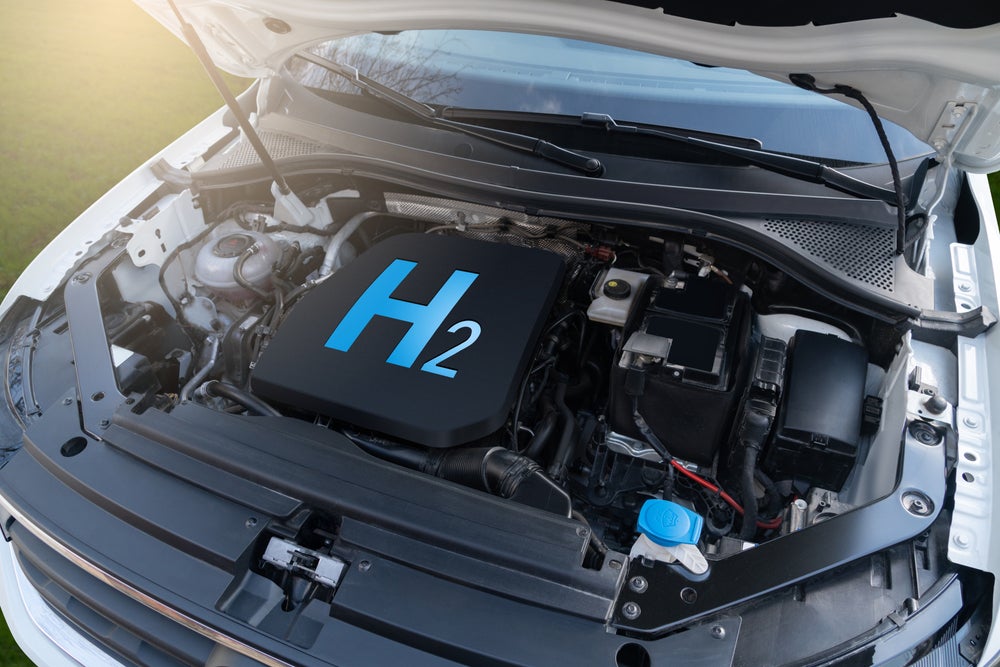Dealer management system provider Cooper Solutions has found three in four dealership employees overpay their Benefit in Kind (BIK).
This equates to over £2m in overpaid vehicle BIK.
As a result, Cooper Solutions has called on HMRC to introduce fairer methods of taxation for the benefit of motor industry employees and their employers.
The current system for charging BIK for those who frequently switch staff between vehicles is known as The Averaging Agreement scheme, and was first introduced in 2009. Cooper Solutions said the scheme has not been formally reviewed by HMRC since its implementation.
As a result, the company launched an audit of payments to HMRC from the Average Agreement scheme, and gathered data on over 1.3m nightly records of private vehicle use, across nearly 7,000 company car drivers recorded by dealers from the last seven years.
Of these nights, 26% were spent by employees in vehicles banded below their allocation.
How well do you really know your competitors?
Access the most comprehensive Company Profiles on the market, powered by GlobalData. Save hours of research. Gain competitive edge.

Thank you!
Your download email will arrive shortly
Not ready to buy yet? Download a free sample
We are confident about the unique quality of our Company Profiles. However, we want you to make the most beneficial decision for your business, so we offer a free sample that you can download by submitting the below form
By GlobalDataThe audit was done using Cooper Solutions web based, real time tool for record keeping for dealership drivers – FullCompliance.
Dean Pipitone, director of Cooper Solutions said: “When the Averaging Agreement was first introduced, it seemed like a reasonable solution for franchised dealers. They would simply need to calculate the average vehicle BIK per price band and allocate employees to a band. However, eight years on and we can see that whilst most franchised dealerships try to comply with the Agreement, due to the demand placed on dealership vehicles, overpayment of tax is the reality.”
Pipitone added: “Due to customer demonstrations, courtesy loans or other business factors, employees can only take home the car that is made available to them each night. This equates to more than £2 million worth of BIK overpayments made by employees. For employers, this means they paid more than necessary on National Insurance Contributions and VAT.”







